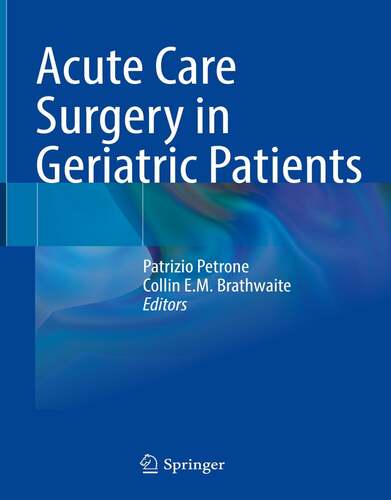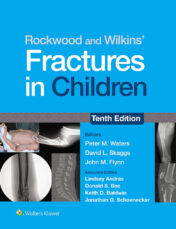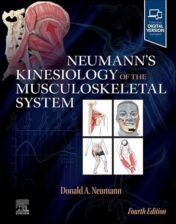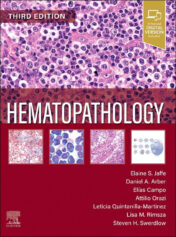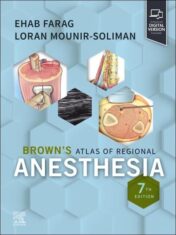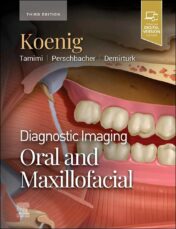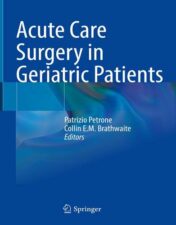This comprehensive text offers an up-to-date overview of the rapidly evolving field of geriatric acute care surgery, shedding light on new epidemiological data related to risk factors associated with traumatic injuries in the elderly population. The assessment of geriatric trauma patients is distinctive and necessitates specialized attention.
Furthermore, geriatric patients often contend with varying degrees of cognitive impairment, cardiovascular issues, and pulmonary insufficiency, all of which can complicate trauma cases. This comorbidity profoundly influences the evaluation, diagnosis, and management of geriatric trauma, underscoring the significance of a team-based, interprofessional approach to patient care.
The initial chapters provide foundational insights into geriatric acute care, covering topics such as the physiology of aging, frailty, injury prevention, and care objectives. The core section of the book presents cutting-edge treatment strategies for traumatic injuries, encompassing orthopedic, cardiovascular, and gastrointestinal trauma, as well as considerations for managing sepsis, complications, and critical care monitoring. The book also delves into nursing considerations tailored to this growing patient demographic. Additional chapters touch on outcomes and address the management of geriatric trauma patients in the context of the COVID-19 pandemic.
In essence, this text offers a concise yet comprehensive summary of the current state of the field, serving as a valuable resource for physicians, medical students, residents, nurses, therapists, and researchers involved in or intrigued by the complexities of geriatric trauma. It not only provides guidance for patient management but also inspires further research efforts in this challenging area of healthcare

